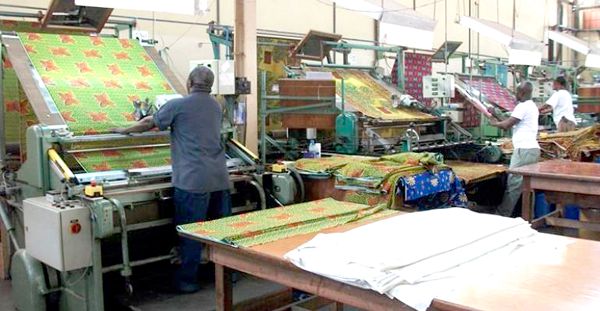Published
5 months agoon
By
Adubianews
Ghana is positioning its textile and garment sector for a major leap, unveiling a bold plan to grow the industry’s value beyond $2 billion within the next decade.
The strategy, announced by the Ministry of Trade, Agribusiness and Industry, outlines the mobilisation of $1.2 billion in new investments, creation of approximately 150,000 direct and indirect jobs, and revival of cotton farming across 50,000 hectares nationwide.
This ambitious roadmap was disclosed at a stakeholder validation workshop in Accra, focused on the draft Textiles and Garment Manufacturing Policy. Deputy Minister Samson Ahi, who led the presentation, emphasized the government’s strong commitment to transforming the sector.
“We aim to grow the industry beyond $2 billion, attract $1.2 billion in new investments, create 150,000 jobs, and ensure quality cotton production across 50,000 hectares of farmland,” he stated.
Ahi stressed that although the targets are ambitious, they are achievable with coordinated efforts from both public and private stakeholders. “This workshop is not just about reviewing a document; it is about setting a shared roadmap for the industry’s future,” he added.
The Minister of Labour, Jobs and Employment, Dr Abdul-Rashid Pelpuo, echoed the importance of inclusive job creation, particularly for women and the youth. He called for a merit-based employment system within the sector, warning against politicization and bloated recruitment.
“Our focus should be on building a future for the youth. At the time we assumed office, nearly 15 per cent of young people were unemployed. We need a reset of mindset and economy,” he remarked.
Once approved, the policy will serve as a comprehensive framework for guiding the sustainable expansion of Ghana’s textile and garment industry. It aims not only to increase export value and job creation, but also to reinforce the country’s competitive edge on the global stage.

























